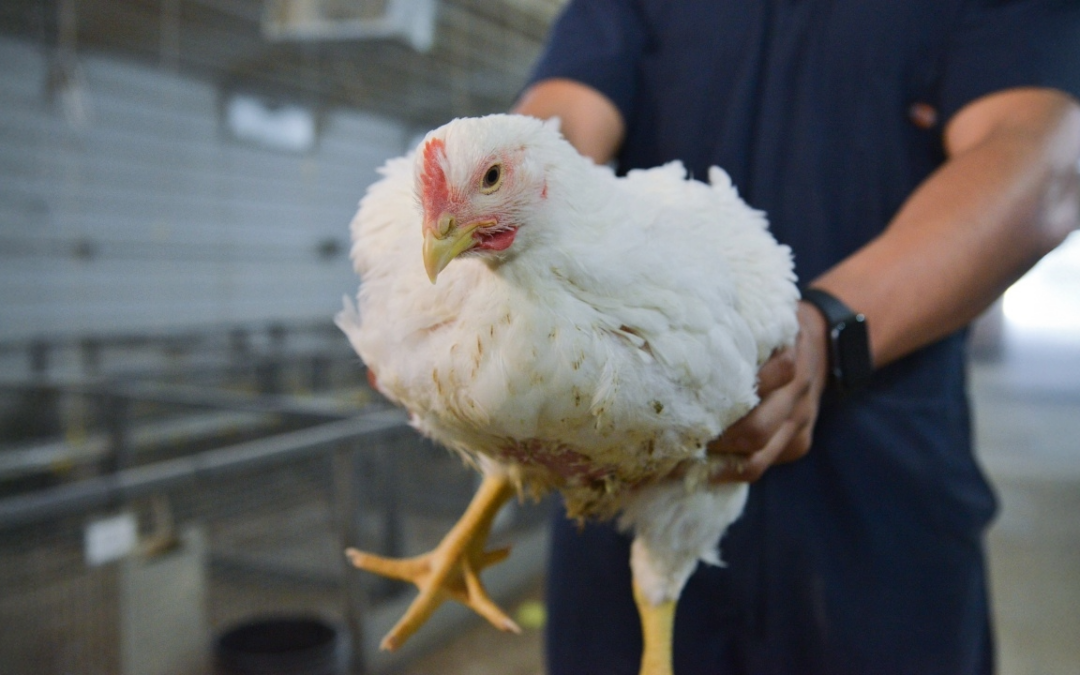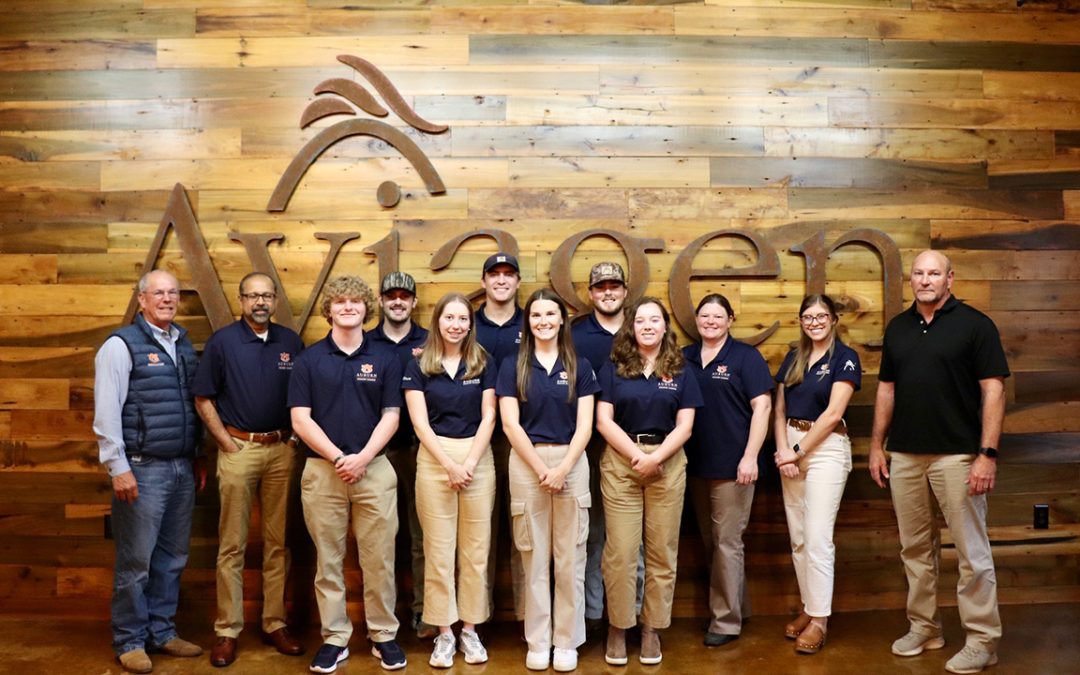
The College of Agriculture’s food science program will get a major boost this fall when it begins offering a bachelor of science degree.
by PAUL HOLLIS
The College of Agriculture’s food science program will get a major boost this fall when it changes from an option in poultry science to a full-fledged bachelor of science degree.
The new interdisciplinary degree program, approved by Auburn’s Board of Trustees last summer and by the Alabama Commission on Higher Education in December, will be administered by the Department of Poultry Science.
“Historically, students have not recognized food science as a scientific field of study or as a career option,” says Auburn food science professor Leonard Bell. “Hopefully, the availability of this new program will inform teachers, guidance counselors, parents and students of the opportunities we have to offer through the B.S. in food science.”
Undergraduate enrollment in the current food science option has experienced growth in recent years as global issues related to food safety have resulted in increased employment and research opportunities. The new degree will address strategic areas of food manufacturing and production while also serving as an essential resource of food-related initiatives on campus, such as food safety and detection, the Food Systems Institute and health sciences.
Food is a universal requirement, and the industry providing that food needs competent food science professionals, Bell says.
“Consumers expect many things from their food, including health, safety, enjoyment and stability,” he says. “These attributes require understanding the science behind the ingredients, how they interact during processing and storage, potential sources of contamination, methods for preventing contamination, and issues associated with quality perception.
“In other words, we need to understand the biology, chemistry and physics of the food, and the B.S. degree in food science will prepare students to address these needs.”
Food science is about more than simply cooking, and it differs from nutrition, Bell says.
“Many students are unaware that the food science program is heavily science-based,” Bell says. “It begins with foundations in chemistry, biology and physics, and then scientific concepts are applied to food products through courses like food chemistry, food microbiology, food engineering, sensory evaluation and food product development.
“Students interested in science that has practical and meaningful applications should seriously consider food science as a field of study.”
Programs such as Auburn’s B.S. in food science are desperately needed, Bell says, to help meet two major challenges facing the food system—feeding the growing global population and sustainability.
“Increasing agricultural production alone will not feed the world’s population,” he says. “Postharvest food loss, food waste, and consumer fears of technological advances must be addressed. Processing perishable commodities into stable food products is an important function of food science.”
Utilizing resources more efficiently and reducing waste during the production and processing of food materials also are needed, he says.
For more information about the new degree program, contact Bell at BELLLEO@auburn.edu.




